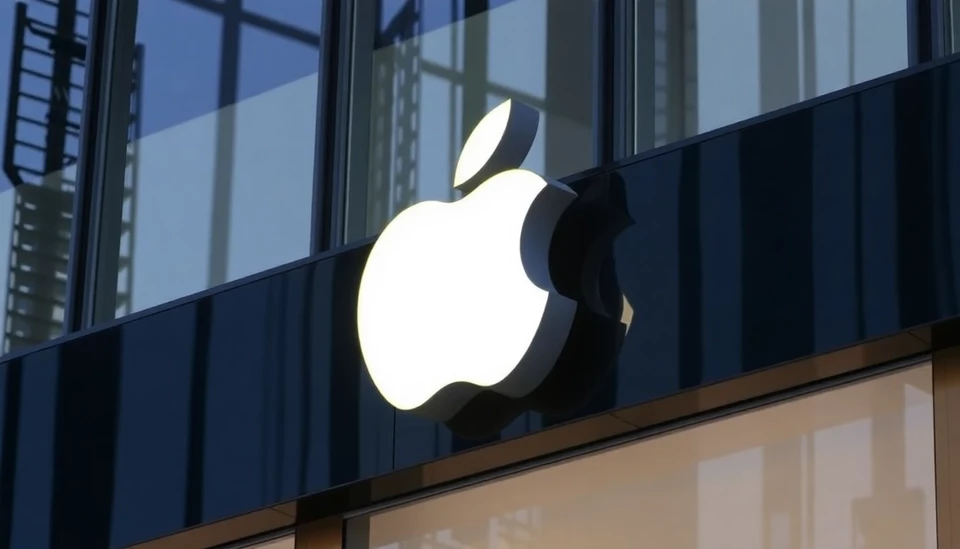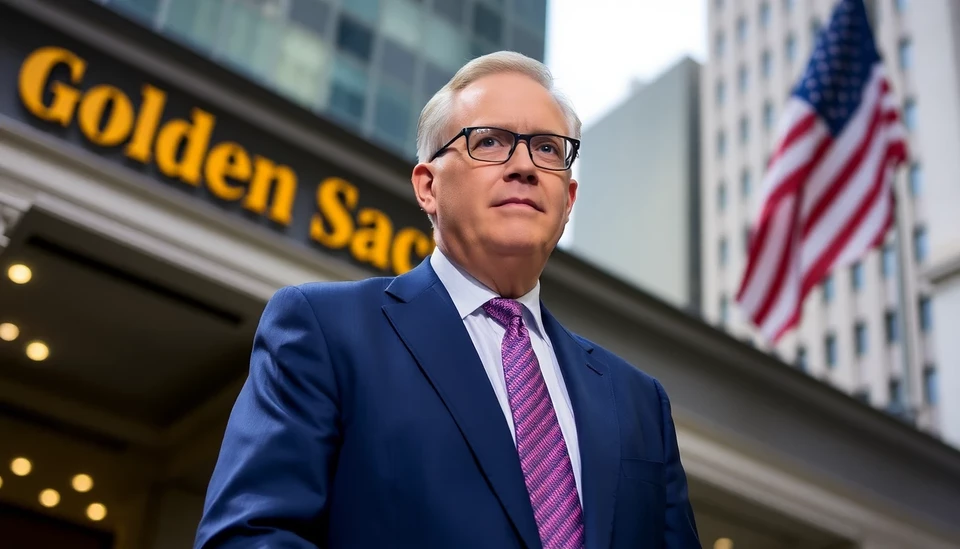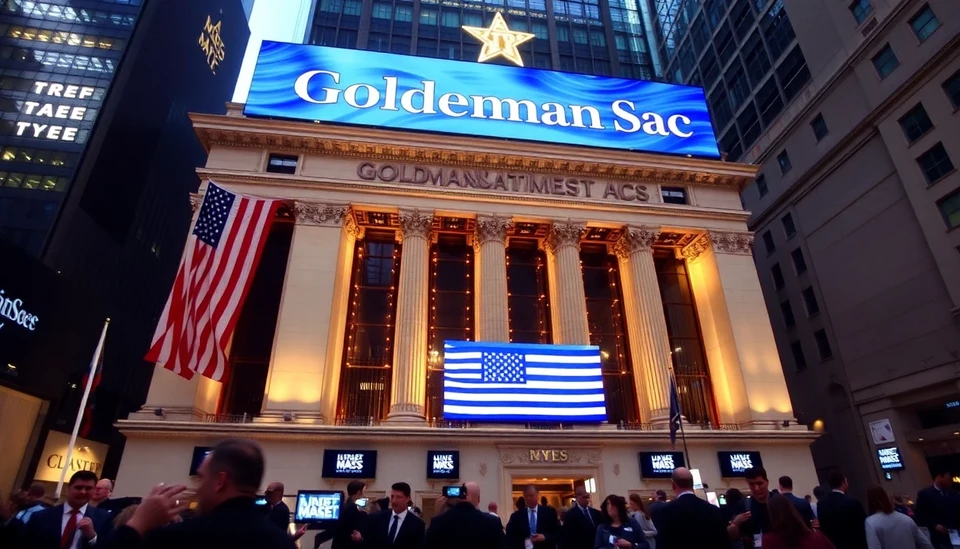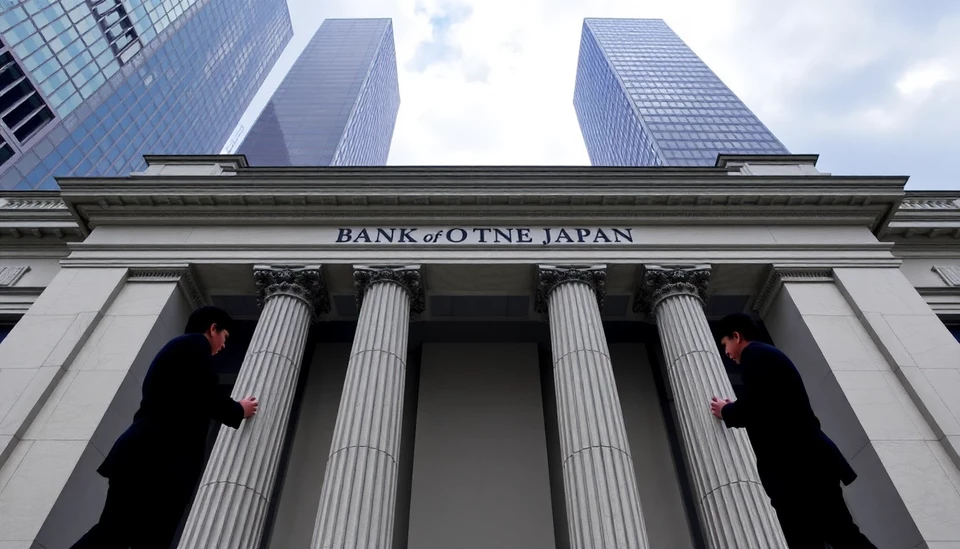
In a significant move sparked by a federal investigation, Goldman Sachs and Apple have agreed to pay a staggering $89 million following scrutiny from the Consumer Financial Protection Bureau (CFPB). This settlement is a direct result of practices surrounding their co-branded Apple Card, which raised numerous concerns about the fairness of its lending processes.
The CFPB had flagged a range of issues related to how Goldman Sachs managed its Apple Card accounts, particularly focusing on allegations of discriminatory practices that adversely affected certain customers. The investigation revealed discrepancies that could suggest bias in credit limit assignments and approval rates, prompting the federal body to deepen its inquiry into the company's compliance with consumer protection laws.
Goldman Sachs has publicly acknowledged its commitment to rectifying these practices, emphasizing that it values fair treatment across its customer base. In their statement, the firm noted that they have been working closely with regulatory bodies to ensure adherence to financial regulations and improve their operational transparency.
Apple, partnered with Goldman Sachs, has similarly expressed its dedication to fostering equitable banking services. The tech giant reiterated its promise to reform its credit card products to better serve all users while maintaining high standards of customer service and satisfaction.
The saga of the CFPB's investigation underscores a broader trend of increased scrutiny on financial institutions, particularly in the wake of rising consumer advocacy efforts. The agency has been more aggressive in its oversight, emphasizing the need for reforms that safeguard consumer rights, especially within the digital financial landscape.
As part of the settlement, Goldman Sachs and Apple will not only pay the enormous sum but are also required to implement significant reforms that ensure equitable lending practices going forward. This includes adjustments to their credit policies, better training for customer service teams, and more effective communication with users concerning their financial products.
This settlement could serve as a cautionary tale for other financial institutions and tech partnerships, highlighting the critical importance of compliance with fair lending laws. As the landscape evolves, companies must adapt and be vigilant in their practices to avoid similar repercussions.
The implications of this settlement extend beyond the immediate financial impact; it signals a shift towards greater accountability and more stringent regulations in the financial services sector. With consumer protection at the forefront of regulatory agendas, both Goldman Sachs and Apple will need to demonstrate their commitment to fair practices to restore consumer trust and maintain their standing in the market.
Moving forward, industry experts will be watching closely as Goldman Sachs and Apple navigate the aftermath of this settlement. Their response to the CFPB's findings and the implementation of proactive measures will likely redefine their operational strategies and influence their reputations in the eyes of consumers and investors alike.
As financial technologies continue to integrate deeper into everyday consumer experiences, the rationale for transparent lending practices becomes increasingly important. The actions taken by both Goldman Sachs and Apple could set a precedent for other firms, notably in the partnerships formed between financial services and technology companies.
In conclusion, this settlement not only addresses past grievances but also opens the door for progressive changes within the industry. As they embark on this new chapter, both Goldman Sachs and Apple have a unique opportunity to lead by example in promoting fair lending practices.
#GoldmanSachs #AppleCard #CFPB #Settlement #CreditCard #FairLending #ConsumerProtection #FinancialRegulation #TechPartnerships
Author: Samuel Brooks




